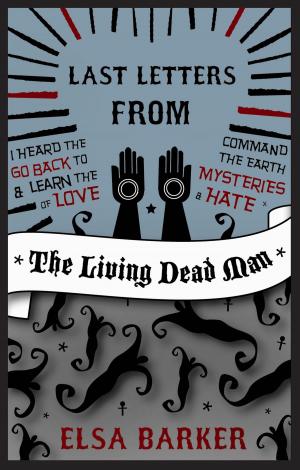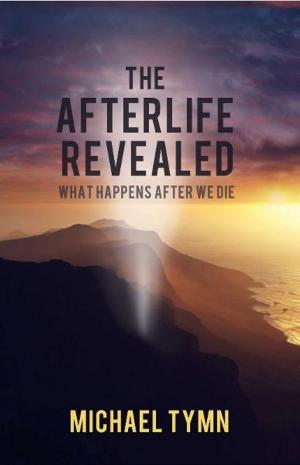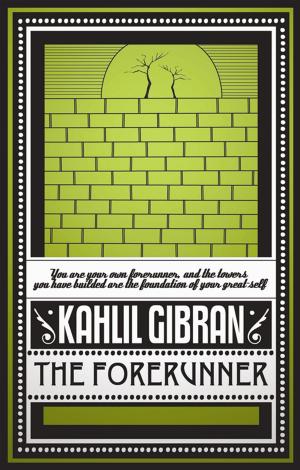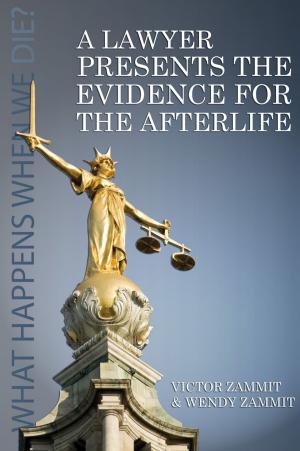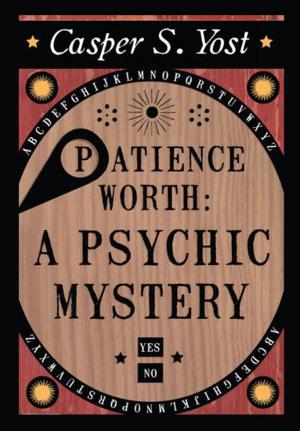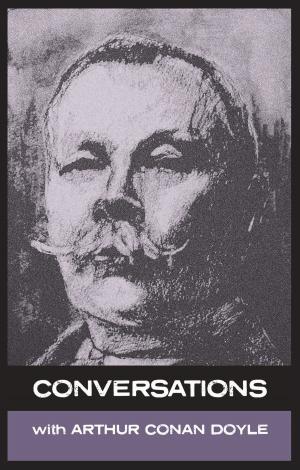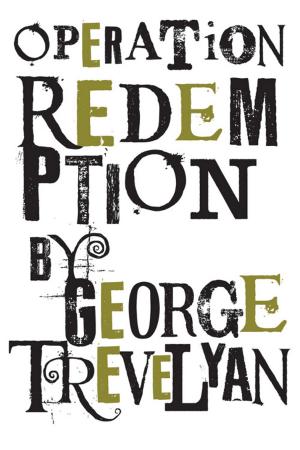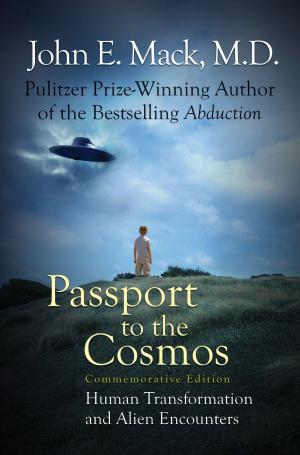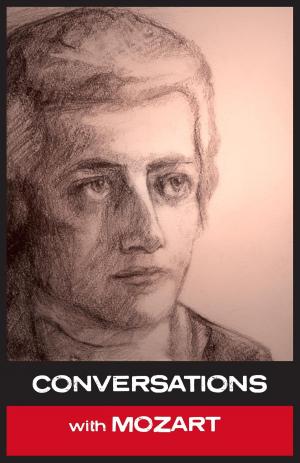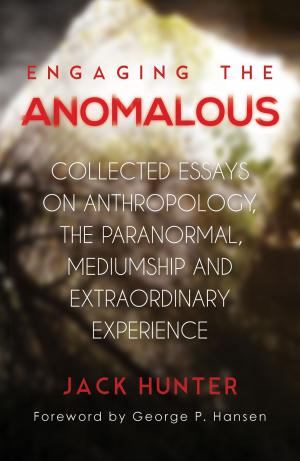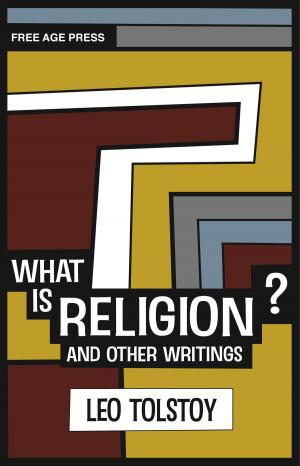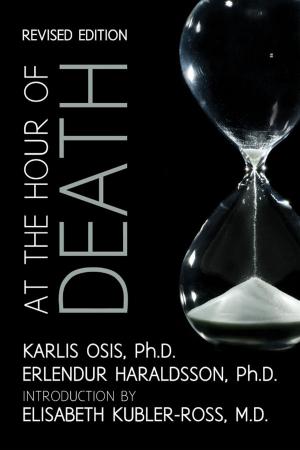Heretics
Nonfiction, Religion & Spirituality, Christianity, Prayerbooks, Denominations, Catholic, Catholicism, Biography & Memoir, Religious| Author: | G. K. Chesterton | ISBN: | 9781907355509 |
| Publisher: | White Crow Productions Ltd | Publication: | March 1, 2010 |
| Imprint: | White Crow Books | Language: | English |
| Author: | G. K. Chesterton |
| ISBN: | 9781907355509 |
| Publisher: | White Crow Productions Ltd |
| Publication: | March 1, 2010 |
| Imprint: | White Crow Books |
| Language: | English |
Standing six foot, four inches tall, and weighing 21 stone, GK Chesterton was a man of striking appearance; and all the more so for his chosen uniform of cape, large hat, swordstick and cigar. A prolific writer, he regarded himself primarily as a journalist; but also wrote poetry, philosophy, biography, detective fiction, Christian apologetics - and fantasy. For as he once said: 'Fairy tales are more than true: not because they tell us dragons exist, but because they tell us dragons can be beaten.'Fascinated by the occult in his youth, Christianity played an increasingly important part in his life, and he wrote the biography of St Francis of Assisi in 1922, shortly after converting to Roman Catholicism.His choice of clothes revealed a man who liked attention; but he also displayed great reserves of will power, which he directed towards his chosen goals. Using paradox and laughter as weapons - he was called the 'Prince of Paradox' by Time magazine - his writing was a constant assault on complacent acceptance of conventional views. He railed against the dark side of English imperialism; and with his friend Hilaire Belloc, promoted the social system of 'distributism', which called for a greater sharing of wealth. When 'The Times' newspaper asked various leading figures of the day to say what was wrong with the world, Chesterton simply replied: 'Dear Sirs, I am. Sincerely yours, GK Chesterton.''Orthodoxy', first published 1908; is Chesterton's spiritual autobiography. Subtitled, 'The romance of faith', Chesterton declares that people need a life of 'practical romance; the combination of something that is strange with something that is secure.' 'Everlasting Man', his other overtly Christian work, appeared in 1925. It was seen as a rebuttal to HG Well's 'Outline of history' and CS Lewis called the book, 'the best defence of the full Christian position I know.' Before both of these, however, in 1905, came 'Heretics' - in which Chesterton brought his wit and vigour to the works of leading writers of the time like Nietzsche, Shaw, Yeats, Ibsen and HG Wells. All three of these works are an attack on the perceived materialism and pessimism of his age. Chesterton, with his utopian ideals and sense of the big picture, could not abide pessimism. GK Chesterton was a colourful and loved personality in a literary England which included George Bernard Shaw, Bertrand Russell and HG Wells, all of whom he enjoyed debating with. Known for both his wit and warmth, he wrote: 'If the arms of a man could be a fiery circle embracing the whole world, I think I should be that man.'
Standing six foot, four inches tall, and weighing 21 stone, GK Chesterton was a man of striking appearance; and all the more so for his chosen uniform of cape, large hat, swordstick and cigar. A prolific writer, he regarded himself primarily as a journalist; but also wrote poetry, philosophy, biography, detective fiction, Christian apologetics - and fantasy. For as he once said: 'Fairy tales are more than true: not because they tell us dragons exist, but because they tell us dragons can be beaten.'Fascinated by the occult in his youth, Christianity played an increasingly important part in his life, and he wrote the biography of St Francis of Assisi in 1922, shortly after converting to Roman Catholicism.His choice of clothes revealed a man who liked attention; but he also displayed great reserves of will power, which he directed towards his chosen goals. Using paradox and laughter as weapons - he was called the 'Prince of Paradox' by Time magazine - his writing was a constant assault on complacent acceptance of conventional views. He railed against the dark side of English imperialism; and with his friend Hilaire Belloc, promoted the social system of 'distributism', which called for a greater sharing of wealth. When 'The Times' newspaper asked various leading figures of the day to say what was wrong with the world, Chesterton simply replied: 'Dear Sirs, I am. Sincerely yours, GK Chesterton.''Orthodoxy', first published 1908; is Chesterton's spiritual autobiography. Subtitled, 'The romance of faith', Chesterton declares that people need a life of 'practical romance; the combination of something that is strange with something that is secure.' 'Everlasting Man', his other overtly Christian work, appeared in 1925. It was seen as a rebuttal to HG Well's 'Outline of history' and CS Lewis called the book, 'the best defence of the full Christian position I know.' Before both of these, however, in 1905, came 'Heretics' - in which Chesterton brought his wit and vigour to the works of leading writers of the time like Nietzsche, Shaw, Yeats, Ibsen and HG Wells. All three of these works are an attack on the perceived materialism and pessimism of his age. Chesterton, with his utopian ideals and sense of the big picture, could not abide pessimism. GK Chesterton was a colourful and loved personality in a literary England which included George Bernard Shaw, Bertrand Russell and HG Wells, all of whom he enjoyed debating with. Known for both his wit and warmth, he wrote: 'If the arms of a man could be a fiery circle embracing the whole world, I think I should be that man.'


